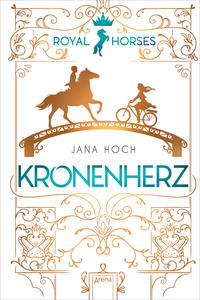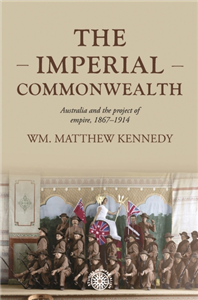Band 2 der romantischen und royalen Pferde-Trilogie ab 12. Mit Farbschnitt – nur in der 1. Auflage
Band 2 der „Royal Horses“-Trilogie jetzt als besondere Schmuckausgabe mit hochwertigem Farbschnitt - limitiert auf die erste Auflage!
Sie wollte nie zu den Royals gehören. Doch ohne sie wird er in einer Welt voller Intrigen und Geheimnisse zugrunde gehen …
Paparazzi, Blitzlichtgewitter, Skandale - Gretas Leben wird von einem Tag auf den anderen völlig auf den Kopf gestellt. Und daran trägt nur einer die Schuld. Edward. Oder besser gesagt: Prinz Tristan. Noch immer fühlt sich Greta wegen seiner Lügen hintergangen. Wieso hat er ihr nicht gesagt, wer er wirklich ist? Doch als Edward ihr anbietet, Schutz vor dem Medienrummel auf Caverley Green zu suchen, kann Greta nicht Nein sagen. Vor allem, weil ihr Herz noch immer höher schlägt, wenn sie Edward bei der Arbeit mit den Pferden beobachtet. Oder wenn er sie auf diese bestimmte Weise ansieht … Aber ist Greta wirklich bereit, Teil seiner Welt zu werden?
Weitere Infos zur Autorin unter www.jana-hoch.de oder auf Instagram unter @janahoch.autorin.
Die „Royal Horses“-Trilogie:
Royal Horses (1). KronenherzRoyal Horses (2). KronentraumRoyal Horses (3). Kronennacht
Die „Ruby Circle“-Trilogie:
The Ruby Circle (1). All unsere Geheimnisse (18.08.2023)The Ruby Circle (2). All unsere Lügen (Frühjahr 2024)The Ruby Circle (3). All unsere Wahrheiten (Herbst 2024)
Weitere Titel von Jana Hoch bei Arena:
Dancing with Raven. Unser wildes Herz
Pressestimmen:
„So cool, so spannend, so posh: Nicht nur was für Pferdenarren!“ LESESCOUT SARAH, 13 JAHRE, LESESCOUT
„Man muss weder ein Pferdemädchen, noch ein Fan des englischen Königshauses sein, um dieses Buch zu mögen. Charaktere, Dialoge und Plot sind perfekt gelungen.“ SANDRA BETTENDORF, BUCHHANDLUNG REUFFEL, KOBLENZ






















